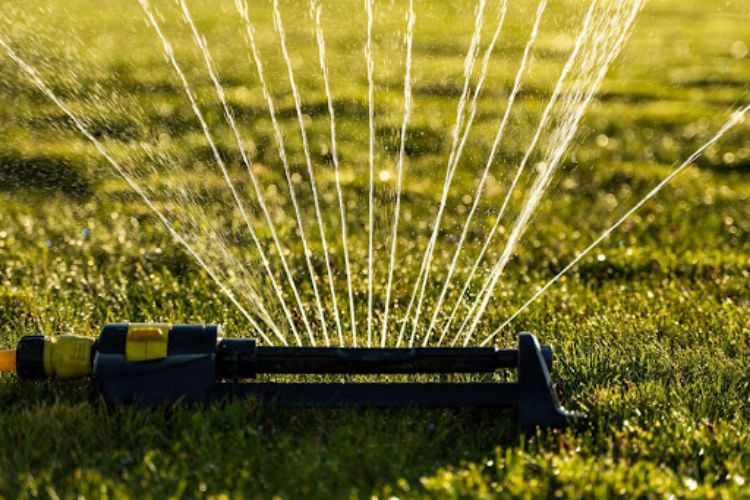Water conservation is crucial for environmental sustainability and cost-saving. With water being a finite resource, its responsible use is essential to ensure availability for future generations. Many households are unaware of how much water they can actually save by making a few small changes in their daily routines. Household water usage patterns reveal substantial potential for reduction, and even minor adjustments can lead to significant impacts. This article aims to provide actionable tips to improve household water efficiency, making it easy for everyone to contribute to conservation efforts.
Understanding Your Water Usage
The first step in enhancing water efficiency is understanding your current usage. Conducting a water audit can help identify wastage areas within your home. A water audit involves reviewing water bills, checking for leaks, and assessing the efficacy of existing water fixtures. Numerous tools and resources, such as water usage calculators and smart water meters, can aid in measuring daily water consumption accurately.
Typically, high water usage areas in homes include bathrooms, kitchens, and gardens. By regularly monitoring water usage, households can not only cut down on waste but also identify opportunities for savings. The benefits extend beyond conserving water—regular monitoring can also lead to financial savings by spotting and addressing inefficiencies promptly.
Bathroom Water-Saving Tips
The bathroom is one of the primary areas where water can be conserved effectively. Installing low-flow fixtures, such as showerheads and faucets, is a straightforward way to reduce water usage without compromising on performance. For instance, low-flow showerheads maintain adequate pressure while using significantly less water.
Dual-flush toilets are another effective solution. These toilets offer two flush options: one for liquid waste and another for solid waste, thus reducing water usage significantly. Reducing shower time is another simple yet effective measure. Keeping showers short and sweet can save litres of water each week.
Leaky taps and pipes can lead to a considerable amount of water wastage. Prompt repair of leaks should be a top priority. Regular maintenance checks can prevent small drips from becoming costly problems.
Kitchen Water Efficiency Improvements
Kitchens also present opportunities for water savings. When it comes to dishwashing, using a dishwasher is often more water-efficient than hand washing, provided the machine is used with a full load. This reduces the amount of water used per item cleaned.
Leaky kitchen faucets and pipes are a common issue, often leading to unnoticed water wastage. Regularly checking and fixing leaks can save significant amounts of water. When preparing food, consider washing fruits and vegetables in a basin of water rather than under a running tap. Such simple adjustments can lead to marked reductions in water usage.
Investing in eco-friendly appliances, like water-efficient dishwashers and washing machines, can also contribute to lower water consumption. These appliances are designed to use less water while providing the same level of cleanliness, making them a wise choice for sustainability-minded households.
Garden and Outdoor Water Conservation
A garden can be a substantial consumer of water, especially in dry climates. However, several strategies can help maintain a lush garden while conserving water. Drip irrigation systems are effective for delivering water directly to the roots of plants, minimizing waste. Additionally, rainwater harvesting systems can collect and store rainwater for garden use.
Choosing native or drought-resistant plants can significantly reduce the need for watering. These plants are adapted to local conditions and require less water to thrive. Efficient watering techniques involve watering plants early in the morning or late in the evening to minimize evaporation. Additionally, using the appropriate quantity of water ensures that plants receive what they need without excess.
Mulching is another beneficial strategy for conserving water in the garden. Applying mulch around plants helps retain soil moisture, reducing the frequency of watering needed. It also improves soil health, providing additional benefits to plant growth.
Lifestyle Changes to Support Water Efficiency
Incorporating water-efficient habits into daily routines requires education and commitment. Encouraging family members to adopt water-saving practices can create a culture of conservation at home. Simple actions, such as turning off the tap while brushing teeth or taking shorter showers, can make a big difference.
Minimizing bottled water consumption is another impactful lifestyle change. By using reusable bottles and filtering tap water, households can cut down on plastic waste while conserving water.
Community involvement is also vital. Collective efforts, such as participating in local water conservation initiatives or advocating for policies that promote water efficiency, can enhance the impact of individual actions. Together, communities can inspire widespread change and encourage others to cut down your water bill in Gold Coast or similar regions where water efficiency is especially important.
Conclusion
There’s an array of straightforward changes each household can implement to conserve water. These alterations not only benefit the environment but also lead to financial savings. Begin with the simplest changes and gradually incorporate others as habits form. By starting today, individuals can play a part in promoting sustainability and inspiring change within the community. Contributing to water conservation efforts is a meaningful way to ensure that future generations enjoy the same access to clean water as we do today.

